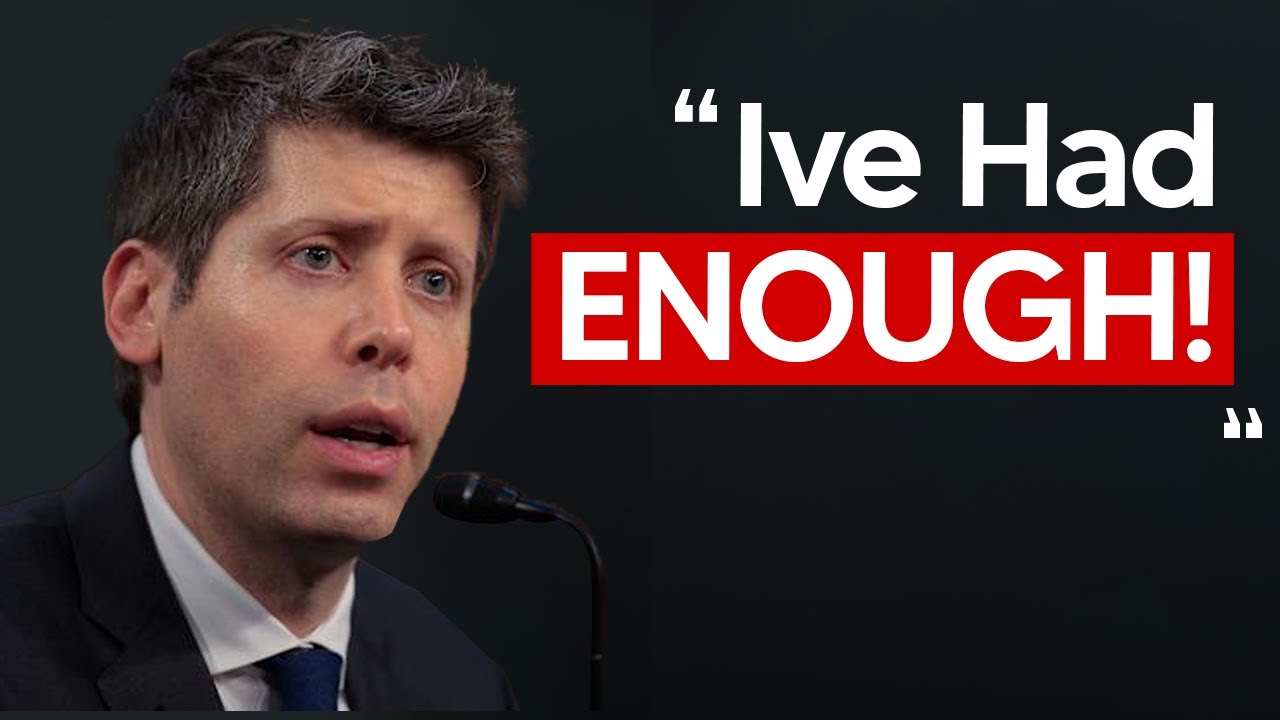In a viral interview, Sam Altman defended OpenAI’s massive $1.4 trillion compute spending by emphasizing rapid revenue growth and positioning the company as a future dominant AI cloud provider, challenging critics to bet against its success. Despite intense competition from financially powerful rivals like Google and concerns over financial sustainability, OpenAI’s critical role in the AI industry and potential government support suggest it may be “too big to fail.”
The recent viral interview clip featuring Sam Altman, CEO of OpenAI, has sparked widespread discussion due to his defensive response when questioned about OpenAI’s financial sustainability. Brad Girtzner, founder of Alima Capital, asked how OpenAI plans to manage its massive compute spending commitments of $1.4 trillion, especially given its current revenue of around $13 billion to $20 billion. Altman firmly defended the company’s strategy, emphasizing that revenue is growing steeply and that OpenAI is making a forward bet on becoming a dominant AI cloud provider. He challenged critics by suggesting that if they truly believe OpenAI will fail, they can short the stock once it goes public, showing his strong conviction in the company’s future.
The interview highlighted the immense financial risks OpenAI is taking by frontloading compute investments to stay competitive in the AI race. This approach mirrors strategies used by companies like Amazon in its early days, where massive upfront spending was necessary to dominate the market long-term. However, concerns remain about whether OpenAI can sustain such spending, especially if the macroeconomic environment tightens or investor enthusiasm wanes. The company’s profitability is still undefined, and the pressure from competitors like Google, which can afford to run AI models at a loss due to its vast cash flow from other businesses, adds to the challenge.
A significant part of the discussion revolves around the competitive landscape, where Google is seen as a formidable rival capable of undercutting prices to squeeze out competitors like OpenAI. Google’s ability to operate with negative profit margins on AI products, supported by its strong advertising and search revenues, could force OpenAI and others to either dilute equity or face financial strain. This dynamic underscores the high-stakes nature of the AI market, where survival depends not just on technological superiority but also on financial endurance.
Market share data shows OpenAI losing ground in the enterprise large language model API market to competitors like Anthropic, which has gained trust through better data controls and compliance. This shift indicates that brand recognition alone may not be enough to maintain dominance as customers prioritize integration and security. Despite these challenges, some analysts believe OpenAI has become “too big to fail,” given its deep integration with major tech companies and its critical role in the U.S. economy. There is speculation that the government might intervene to support OpenAI if it faces financial distress, similar to past bailouts of key industries.
In summary, Sam Altman’s viral interview reveals the tension between OpenAI’s ambitious growth plans and the financial realities of sustaining such rapid expansion. While Altman expresses confidence in the company’s trajectory and dismisses critics, the broader AI industry faces intense competition and economic risks. OpenAI’s future success may hinge on its ability to scale revenue quickly, manage costs, and navigate a competitive landscape dominated by tech giants like Google. The possibility of government support adds another layer of complexity, highlighting OpenAI’s significant role in the evolving AI-driven economy.
